Module3Heroes Unit2课件+音频(共25张PPT) 外研版英语九年级上册
文档属性
| 名称 | Module3Heroes Unit2课件+音频(共25张PPT) 外研版英语九年级上册 |
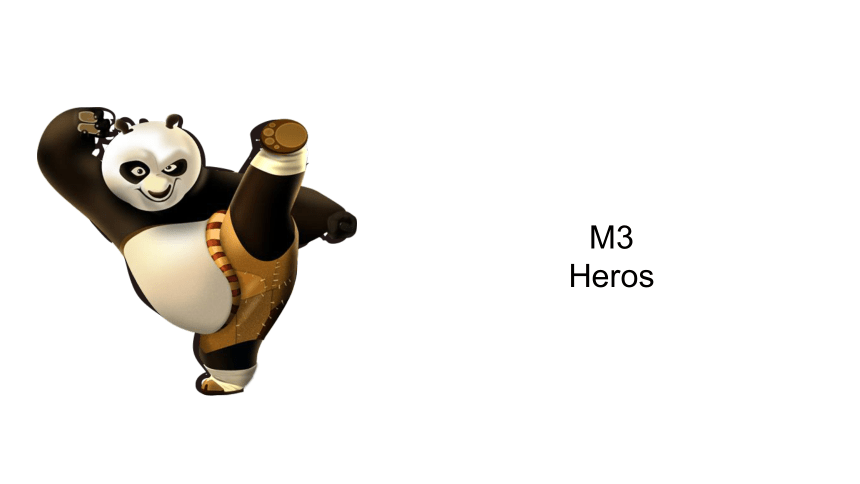
|
|
| 格式 | pptx | ||
| 文件大小 | 9.3MB | ||
| 资源类型 | 教案 | ||
| 版本资源 | 外研版 | ||
| 科目 | 英语 | ||
| 更新时间 | 2024-10-12 00:00:00 | ||
图片预览

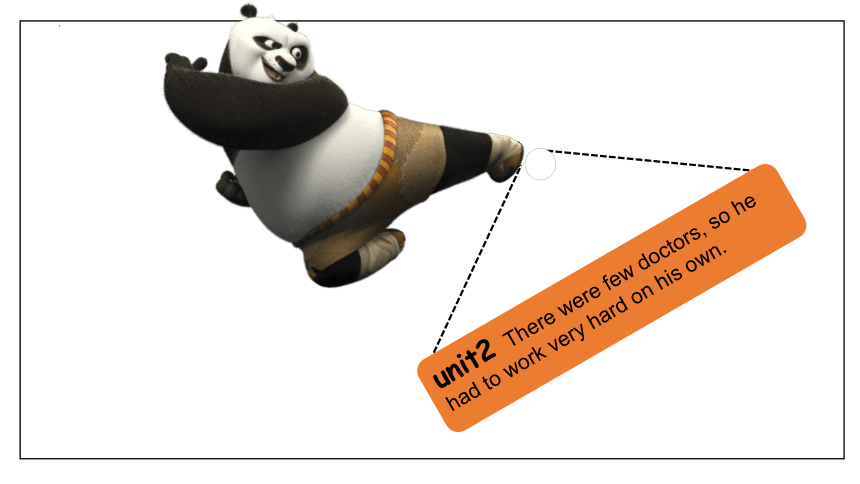
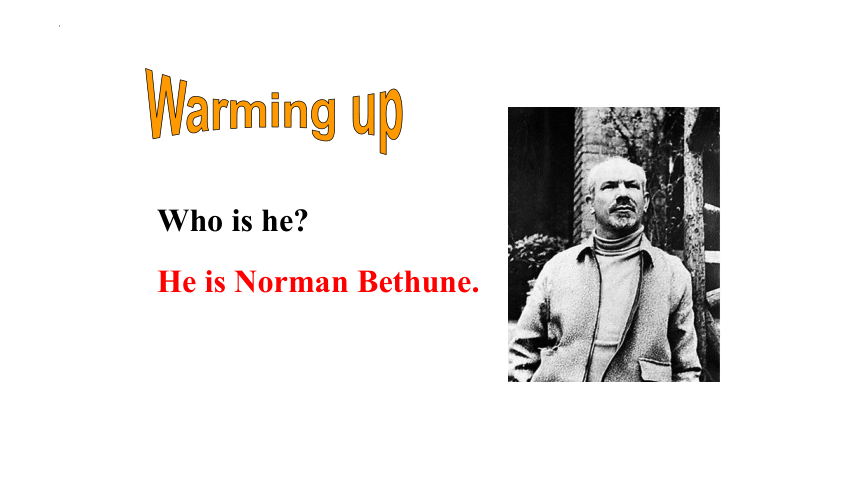
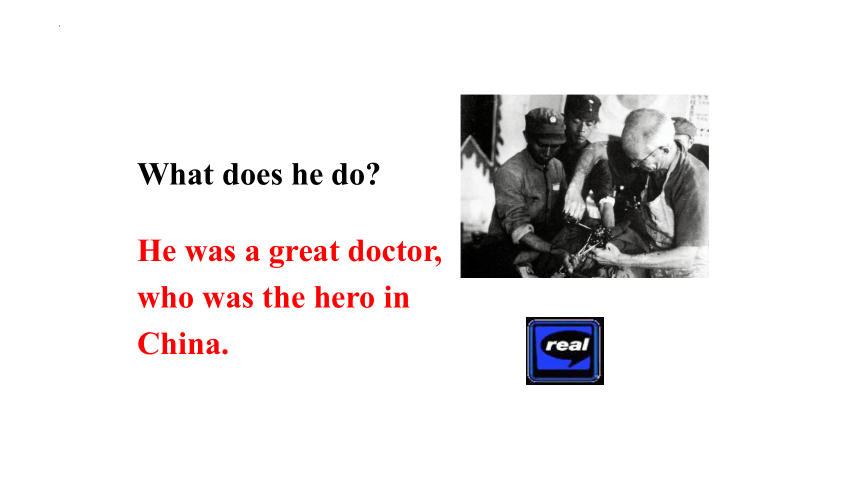
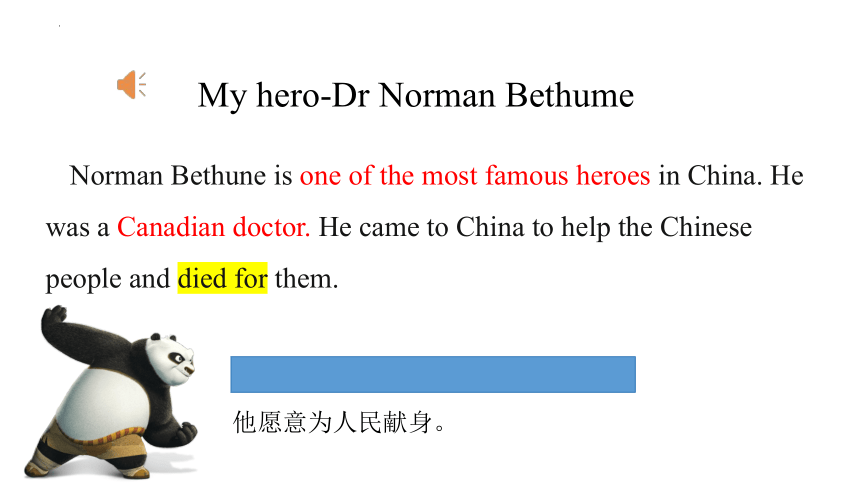
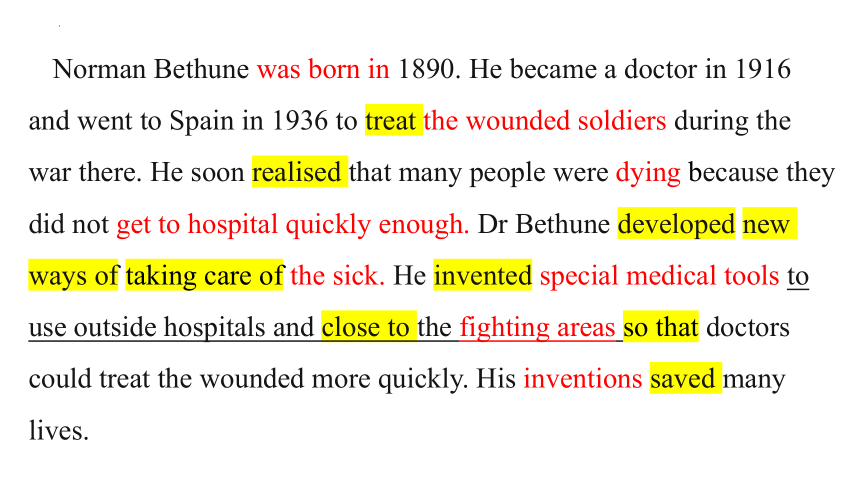

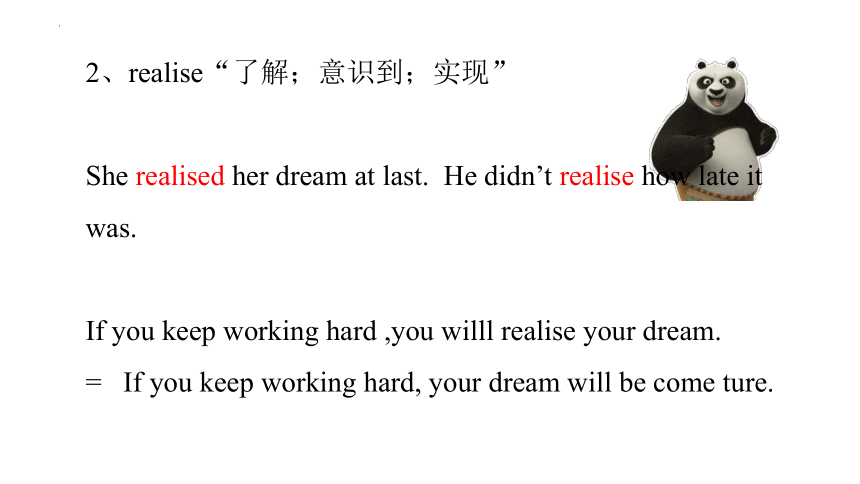
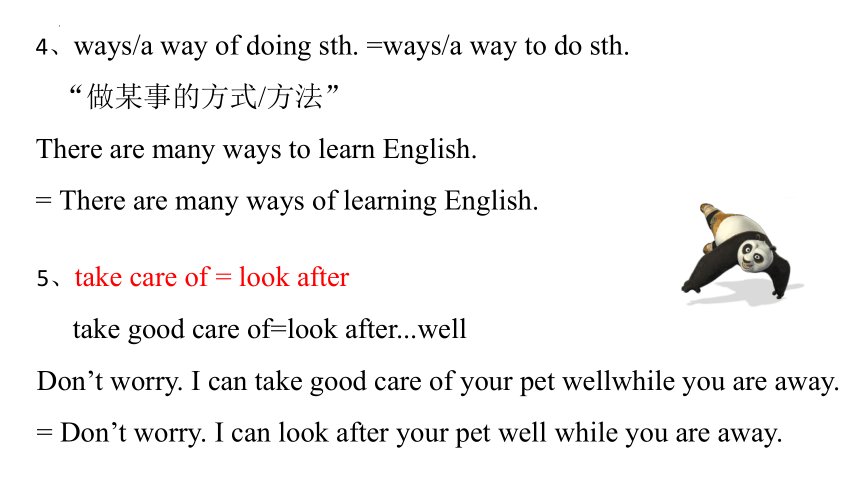
文档简介
(共25张PPT)
M3
Heros
unit2 There were few doctors, so he had to work very hard on his own.
Who is he
He is Norman Bethune.
Warming up
He was a great doctor, who was the hero in
China.
What does he do
Norman Bethune is one of the most famous heroes in China. He was a Canadian doctor. He came to China to help the Chinese people and died for them.
He is willing to die for the people.
他愿意为人民献身。
My hero-Dr Norman Bethume
Norman Bethune was born in 1890. He became a doctor in 1916 and went to Spain in 1936 to treat the wounded soldiers during the war there. He soon realised that many people were dying because they did not get to hospital quickly enough. Dr Bethune developed new ways of taking care of the sick. He invented special medical tools to use outside hospitals and close to the fighting areas so that doctors could treat the wounded more quickly. His inventions saved many lives.
1、treat v. ① 治疗 医疗 n.treatment
② 对待, ③ 款待
treat .... as.... 把...当做...对待
treat sb. to sth.用...招待
My treat 我请客
① I decided to treat his remark(评论) as a joke.
② Everything will be better if we treat it actively.
如果你积极面对它,一切事情都会变得更好
③ The doctors were not able to treat this disease.
2、realise“了解;意识到;实现”
She realised her dream at last. He didn’t realise how late it was.
If you keep working hard ,you willl realise your dream.
= If you keep working hard, your dream will be come ture.
4、ways/a way of doing sth. =ways/a way to do sth.
“做某事的方式/方法”
There are many ways to learn English.
= There are many ways of learning English.
5、take care of = look after
take good care of=look after...well
Don’t worry. I can take good care of your pet wellwhile you are away.
= Don’t worry. I can look after your pet well while you are away.
1
3
6、invent,discover,find,find out与look for
Edison invented the electric light bulb.
Columbus is the first European who discovered America.
I looked for it everywhere but I couldn’t find it.
I will try and find out who broke the computer.
I’m looking for my pen, but I can’t find it.
发明
发现
找到
查明,弄清楚
寻找
7、close adv.,“靠近的;紧密的”
close to “离……近”
close adj.,“近的;靠近的;亲密的”;
v.“关;关闭” open“开;打开”
They live close to the library. 他们住得离图书馆很近。(作副词)Lucy is a close friend of mine. 露西是我的亲密朋友。(作形容词)
It’s cold outside. Please close the door. 外面冷,请关上门。(作动词)
8、so that 引导目的状语从句
in order (not) to do... / in order that
I got up early so that I could catch the first bus.
= I got up early in order that I could catch the first bus.
We went to the airport so that we might meet Professor Yang there.
= We went to the airport in order to meet Professor Yang there.
9、save 及物动词, “拯救;挽救;救助”
save one’s life “挽救某人的生命”
The spiderman can save the world.
This is my telephone number, you can save it.
In order to save time,we will take a taxi.
拯救
存储
节省
In 1938, Dr Bethune came to China and helped treat the wounded during the Anti-Japanese War(抗日战争). At that time, there were few doctors,so he had to work very hard on his own. His experience of treating people in Spain was useful in China. He developed training courses for local doctors and nurses,and wrote books so that they could learn about how he treated the sick.
10、at that time = at the time“在那时”,
常与一般过去时或过去进行时连用。
At that time, I was swimming with my friends.
At that time, China did not yet have nuclear weapon.
与time有关的常用搭配:
on time / in time / from time to time / all the time /at the same time
at a time 每次;依次 at times 有时;间或
11、useful“有用的;有益的”
It’s useful to do sth. 做某事对某人有
It is useful to read the text early in the morning.
It’s no use doing sth. “做某事没有用”
It’s no use worrying about it.
① be used to do sth. “被用来做某事”;
② used to do sth. “过去常常做某事“
③ be/ get used to doing sth. “习惯于做某事”
Dr Bethune often worked very hard without resting or taking care of himself. Once, he even worked for sixty-nine hours without stopping and managed to save over a hundred lives. One day in 1939 , he cut his finger during an operation, but he continued his work without treating it. In the end, he died of his wound.
live (动词)居住 ,生存,活着
(第三人称单数) she lives on her own
life (名词)生命
(复数) lives
12、manage ① manage 及物动词,“达到;做成(某事)”
I haven’t been learning French for long, so I can only manage a
few words.
② manage 不及物动词,“(尤指)设法完成某事”,
manage to do sth. 设法完成某事 He managed to get the work done with very little help.
③ 管理
We should learn how to manage time properly.
13、
① continue to do sth.“继续做另外一件事情
After he finished reading a novel, he continued to play games with
his friends.
② continue doing sth.“继续做某一件事情(还没做完)”
I continue doing my homework because I haven’t finished it yet.
我继续做作业, 因为我还没做完
14、die of与die from
① die of “死于……”,指死于疾病,衰老,感情,饥寒等内在原因。
His father died of cancer yesterday.
The beggar died of hunger and cold.
②die from “死于……”,指死于外伤、事故、劳累过度等外在原因。
The old man died from a traffic accident.
Hundreds of people are dying from polluted air in this area.
Dr Bethune's work for the Chinese people made him a hero in China. There are many books and films about him, and he is still remembered in both China and Canada today.
be remebered by sb. 被某人记住
remeber doing sth. 记住做过某事
remeber doing sth. 记住要做某事
15、made him a hero “使他成为一名英雄”。
make用作使役动词表示“使;使成为”时,结构为
“make+宾语+宾语补足语”You’ve made me very happy. (形容词)The good news made us excited. (过去分词)What made you change your mind (动词原形)He makes the boy standing all the time. (现在分词)We made him captain of our football team. (名词)
make sb. do sth 让某人做某事
mmake sb. adj 让某人...
make up 编写
a) came to China
b) wrote books about ways of treating the sick in China
c) was born in 1890
d) invented medical tools to use outside hospitals
e) died
f) treated the wounded soldiers in Spain
Number the events about Norman Bethune in the order they happened.
1
2
4
5
6
3
Complete the passage with the correct form of the words in the box.
Canadian continue himself invention manage sick tool war wound
Norman Bethune was (1)___________, but he is one of the most famous heroes in China. During the (2)______ in Spain, he treated the wounded soldiers there. He invented special (3)_____ to use outside hospitals. His (4)___________saved many lives. In China, he (5)___________to treat (6)_____ and wounded soldiers. He often worked without taking a rest and did not look after (7)________. At one point, he (8)_________to save over one hundred lives in sixty-nine hours. During an operation, he cut his finger, and finally died of his (9)________. He is still remembered in both China and Canada.
Canadian
war
tools
inventions
continued
sick
himself
managed
wound
M3
Heros
unit2 There were few doctors, so he had to work very hard on his own.
Who is he
He is Norman Bethune.
Warming up
He was a great doctor, who was the hero in
China.
What does he do
Norman Bethune is one of the most famous heroes in China. He was a Canadian doctor. He came to China to help the Chinese people and died for them.
He is willing to die for the people.
他愿意为人民献身。
My hero-Dr Norman Bethume
Norman Bethune was born in 1890. He became a doctor in 1916 and went to Spain in 1936 to treat the wounded soldiers during the war there. He soon realised that many people were dying because they did not get to hospital quickly enough. Dr Bethune developed new ways of taking care of the sick. He invented special medical tools to use outside hospitals and close to the fighting areas so that doctors could treat the wounded more quickly. His inventions saved many lives.
1、treat v. ① 治疗 医疗 n.treatment
② 对待, ③ 款待
treat .... as.... 把...当做...对待
treat sb. to sth.用...招待
My treat 我请客
① I decided to treat his remark(评论) as a joke.
② Everything will be better if we treat it actively.
如果你积极面对它,一切事情都会变得更好
③ The doctors were not able to treat this disease.
2、realise“了解;意识到;实现”
She realised her dream at last. He didn’t realise how late it was.
If you keep working hard ,you willl realise your dream.
= If you keep working hard, your dream will be come ture.
4、ways/a way of doing sth. =ways/a way to do sth.
“做某事的方式/方法”
There are many ways to learn English.
= There are many ways of learning English.
5、take care of = look after
take good care of=look after...well
Don’t worry. I can take good care of your pet wellwhile you are away.
= Don’t worry. I can look after your pet well while you are away.
1
3
6、invent,discover,find,find out与look for
Edison invented the electric light bulb.
Columbus is the first European who discovered America.
I looked for it everywhere but I couldn’t find it.
I will try and find out who broke the computer.
I’m looking for my pen, but I can’t find it.
发明
发现
找到
查明,弄清楚
寻找
7、close adv.,“靠近的;紧密的”
close to “离……近”
close adj.,“近的;靠近的;亲密的”;
v.“关;关闭” open“开;打开”
They live close to the library. 他们住得离图书馆很近。(作副词)Lucy is a close friend of mine. 露西是我的亲密朋友。(作形容词)
It’s cold outside. Please close the door. 外面冷,请关上门。(作动词)
8、so that 引导目的状语从句
in order (not) to do... / in order that
I got up early so that I could catch the first bus.
= I got up early in order that I could catch the first bus.
We went to the airport so that we might meet Professor Yang there.
= We went to the airport in order to meet Professor Yang there.
9、save 及物动词, “拯救;挽救;救助”
save one’s life “挽救某人的生命”
The spiderman can save the world.
This is my telephone number, you can save it.
In order to save time,we will take a taxi.
拯救
存储
节省
In 1938, Dr Bethune came to China and helped treat the wounded during the Anti-Japanese War(抗日战争). At that time, there were few doctors,so he had to work very hard on his own. His experience of treating people in Spain was useful in China. He developed training courses for local doctors and nurses,and wrote books so that they could learn about how he treated the sick.
10、at that time = at the time“在那时”,
常与一般过去时或过去进行时连用。
At that time, I was swimming with my friends.
At that time, China did not yet have nuclear weapon.
与time有关的常用搭配:
on time / in time / from time to time / all the time /at the same time
at a time 每次;依次 at times 有时;间或
11、useful“有用的;有益的”
It’s useful to do sth. 做某事对某人有
It is useful to read the text early in the morning.
It’s no use doing sth. “做某事没有用”
It’s no use worrying about it.
① be used to do sth. “被用来做某事”;
② used to do sth. “过去常常做某事“
③ be/ get used to doing sth. “习惯于做某事”
Dr Bethune often worked very hard without resting or taking care of himself. Once, he even worked for sixty-nine hours without stopping and managed to save over a hundred lives. One day in 1939 , he cut his finger during an operation, but he continued his work without treating it. In the end, he died of his wound.
live (动词)居住 ,生存,活着
(第三人称单数) she lives on her own
life (名词)生命
(复数) lives
12、manage ① manage 及物动词,“达到;做成(某事)”
I haven’t been learning French for long, so I can only manage a
few words.
② manage 不及物动词,“(尤指)设法完成某事”,
manage to do sth. 设法完成某事 He managed to get the work done with very little help.
③ 管理
We should learn how to manage time properly.
13、
① continue to do sth.“继续做另外一件事情
After he finished reading a novel, he continued to play games with
his friends.
② continue doing sth.“继续做某一件事情(还没做完)”
I continue doing my homework because I haven’t finished it yet.
我继续做作业, 因为我还没做完
14、die of与die from
① die of “死于……”,指死于疾病,衰老,感情,饥寒等内在原因。
His father died of cancer yesterday.
The beggar died of hunger and cold.
②die from “死于……”,指死于外伤、事故、劳累过度等外在原因。
The old man died from a traffic accident.
Hundreds of people are dying from polluted air in this area.
Dr Bethune's work for the Chinese people made him a hero in China. There are many books and films about him, and he is still remembered in both China and Canada today.
be remebered by sb. 被某人记住
remeber doing sth. 记住做过某事
remeber doing sth. 记住要做某事
15、made him a hero “使他成为一名英雄”。
make用作使役动词表示“使;使成为”时,结构为
“make+宾语+宾语补足语”You’ve made me very happy. (形容词)The good news made us excited. (过去分词)What made you change your mind (动词原形)He makes the boy standing all the time. (现在分词)We made him captain of our football team. (名词)
make sb. do sth 让某人做某事
mmake sb. adj 让某人...
make up 编写
a) came to China
b) wrote books about ways of treating the sick in China
c) was born in 1890
d) invented medical tools to use outside hospitals
e) died
f) treated the wounded soldiers in Spain
Number the events about Norman Bethune in the order they happened.
1
2
4
5
6
3
Complete the passage with the correct form of the words in the box.
Canadian continue himself invention manage sick tool war wound
Norman Bethune was (1)___________, but he is one of the most famous heroes in China. During the (2)______ in Spain, he treated the wounded soldiers there. He invented special (3)_____ to use outside hospitals. His (4)___________saved many lives. In China, he (5)___________to treat (6)_____ and wounded soldiers. He often worked without taking a rest and did not look after (7)________. At one point, he (8)_________to save over one hundred lives in sixty-nine hours. During an operation, he cut his finger, and finally died of his (9)________. He is still remembered in both China and Canada.
Canadian
war
tools
inventions
continued
sick
himself
managed
wound
同课章节目录
- Module 1 Wonders of the world
- Unit 1 It's more than 2,000 years old.
- Unit 2 The Grand Canyon was not just big.
- Unit 3 Language in use
- Module 2 Public holidays
- Unit 1 My family always go somewhere interesting a
- Unit 2 We have celebrated the festival since the f
- Unit 3 Language in use
- Module 3 Heroes
- Unit 1 She trained hard,so she became a great play
- Unit 2There were few doctors, so he had to work ve
- Unit 3 Language in use
- Module 4 Home alone
- Unit 1 I can look after myself, although it won’t
- Unit 2 I became so bored with their orders that I
- Unit 3 Language in use
- Module 5 Museums
- Unit 1 Don't cross that rope!
- Unit 2 If you ever go to London, make sure you vis
- Unit 3 Language in use
- Module 6 Problems
- Unit 1 If I start after dinner, I'll finish it be
- Unit 2 If you tell him the truth now, you will sho
- Unit 3 Language in use
- Revision Module A
- Module 7 Great books
- Unit 1 We're still influenced by Confucius's idea
- Unit 2 It is still read and loved.
- Unit 3 Language in use
- Module 8 Sports life
- Unit 1 Daming wasn't chosen for the team last time
- Unit 2 He was invited to competitions around the w
- Unit 3 Language in use
- Module 9 Great inventions
- Unit 1 Will computers be used more than books in t
- Unit 2 Will books be replaced by the Internet?
- Unit 3 Language in use
- Module 10 Australia
- Unit 1 I have some photos that I took in Australia
- Unit 2 The game that they like most is Australian
- Unit 3 Language in use
- Module 11 Photos
- Unit 1 He's the boy who won the photo competition
- Unit 2 The photo which we liked best was taken by
- Unit 3 Language in use
- Module 12 Save our world
- Unit 1 If everyone starts to do something, the wor
- Unit 2 Repeat these three words daily: reduce, reu
- Unit 3 Language in use
- Revision Module B
